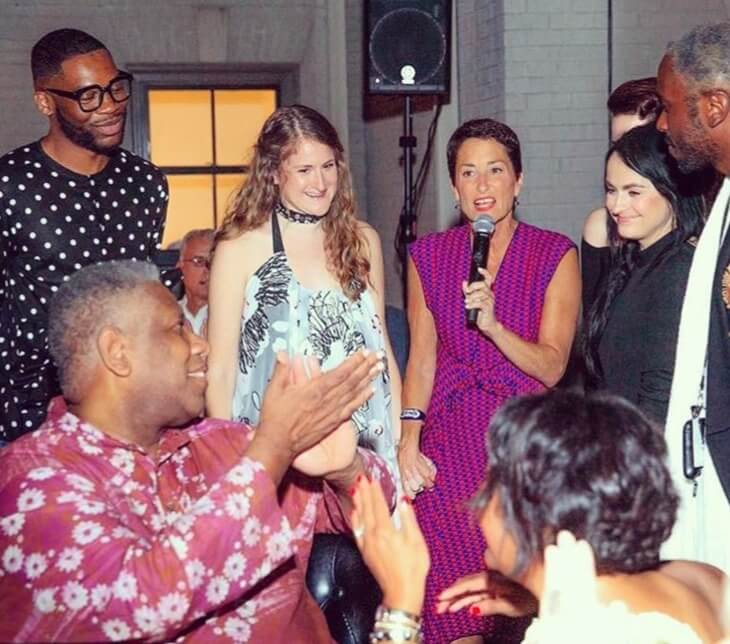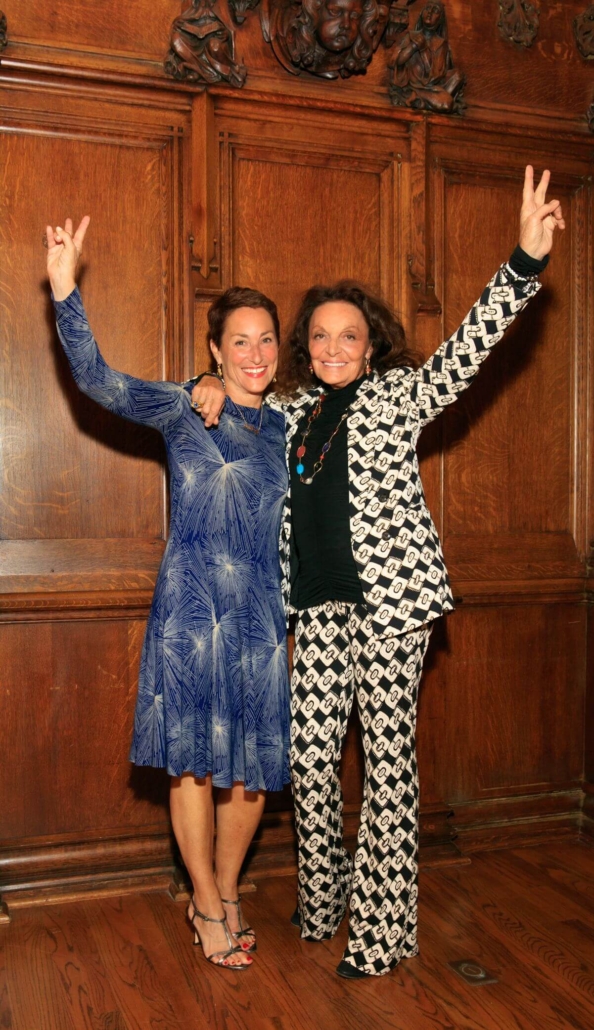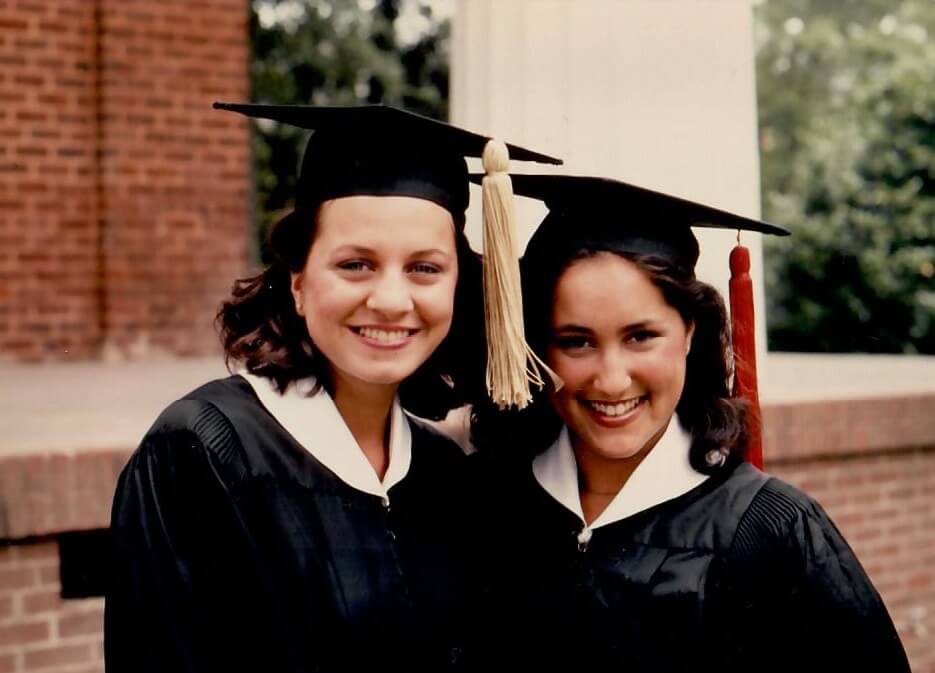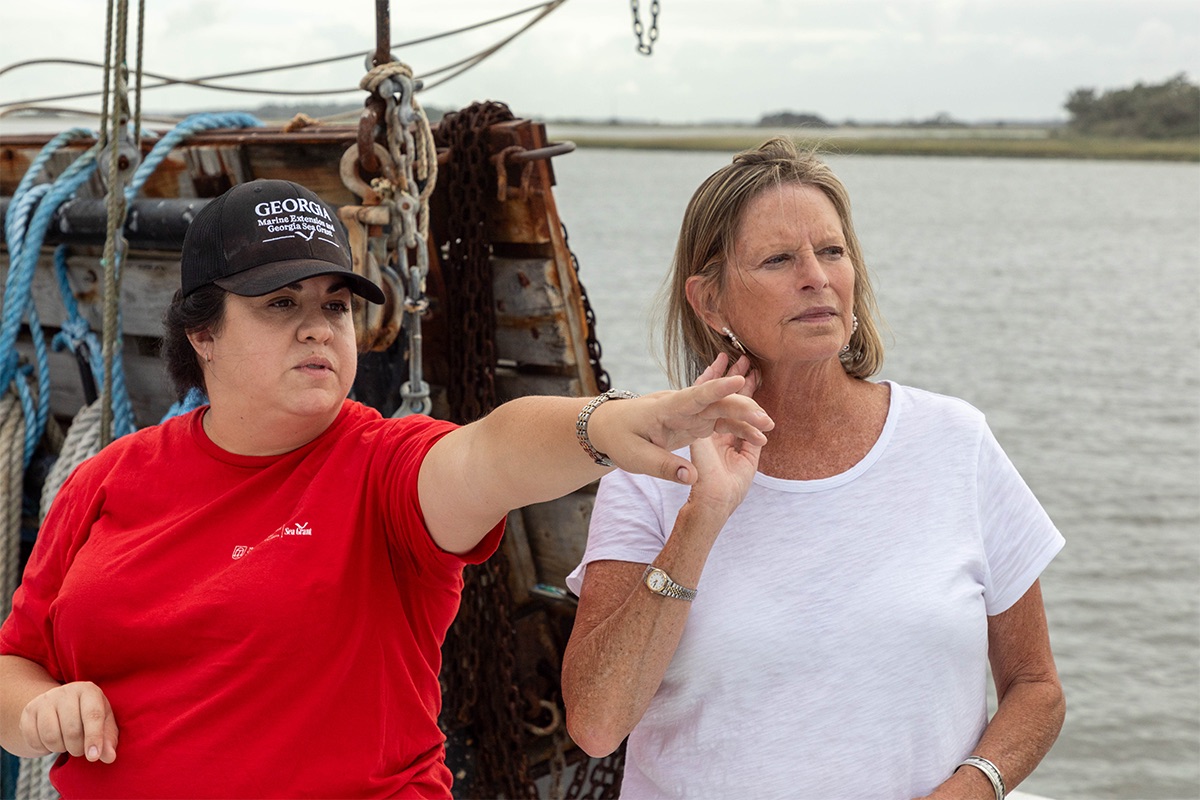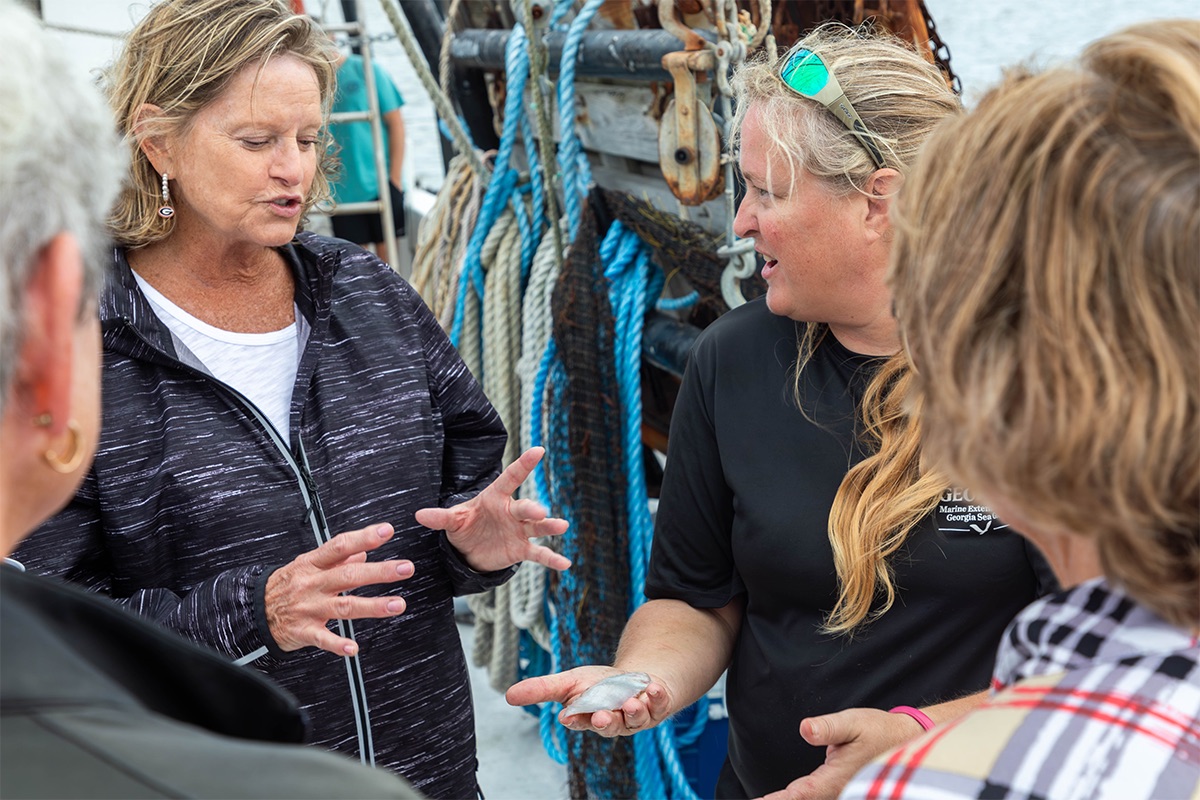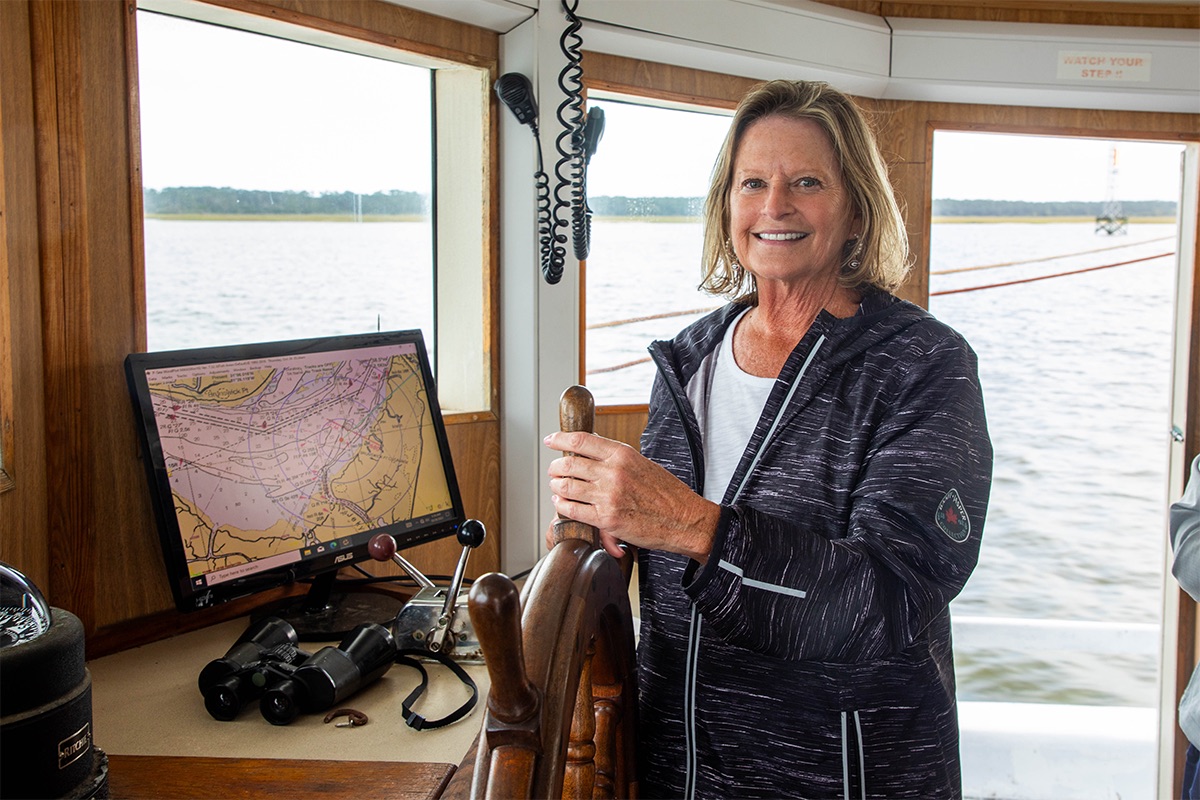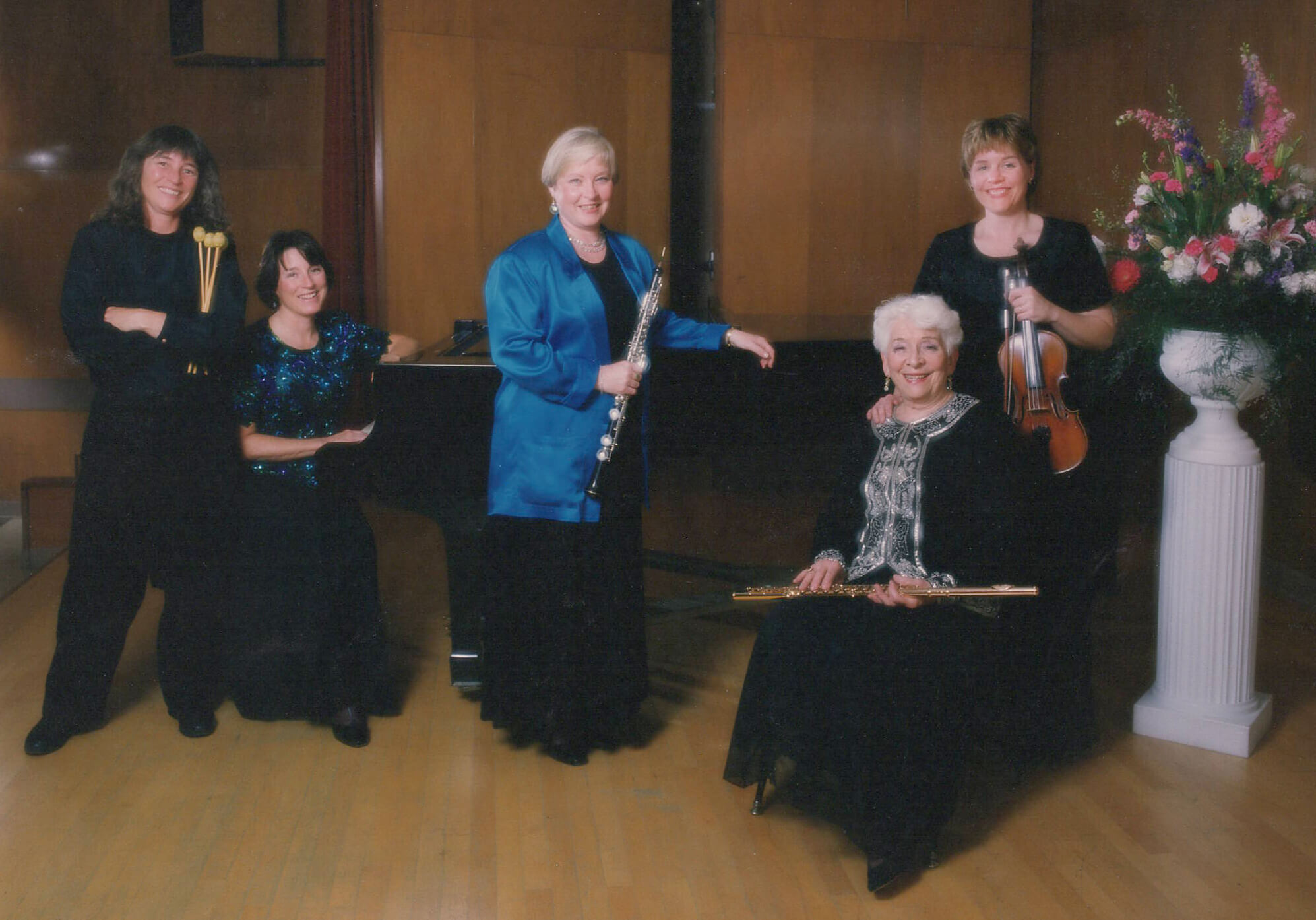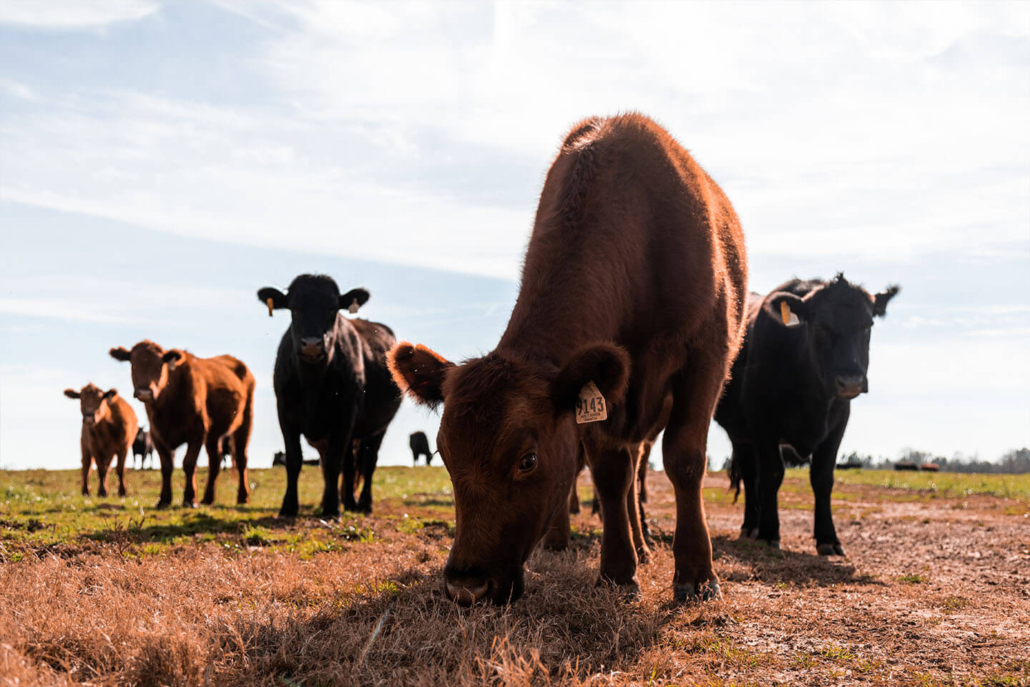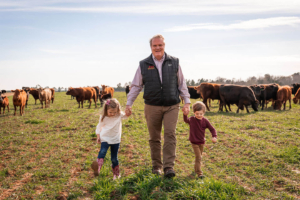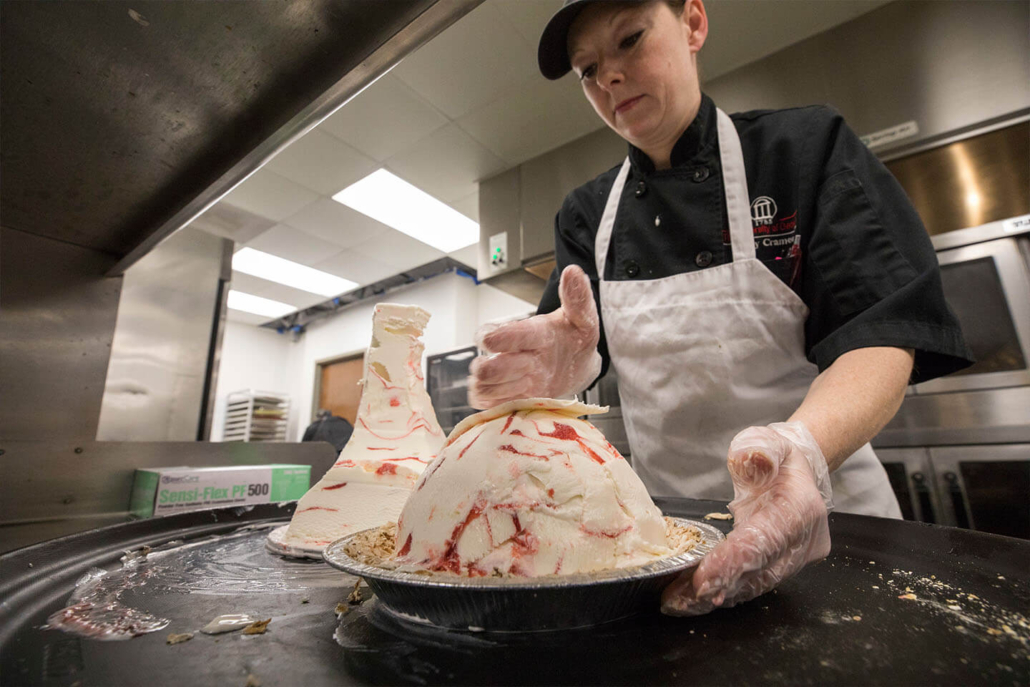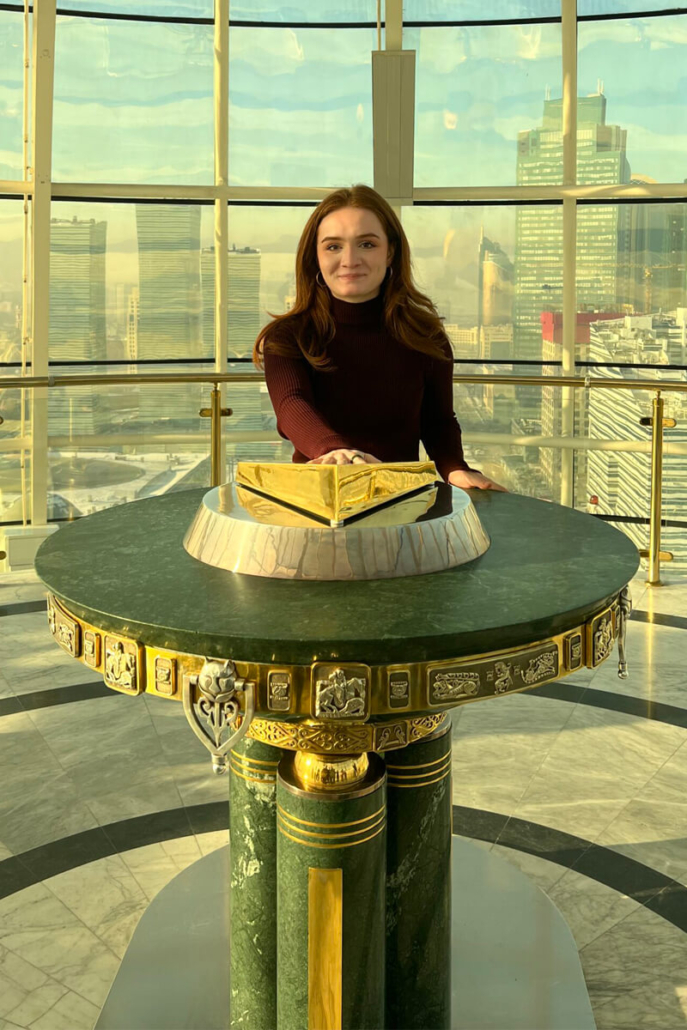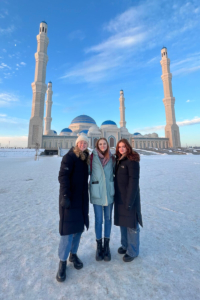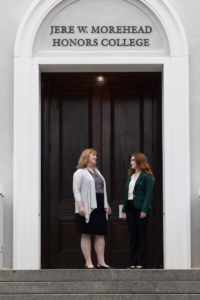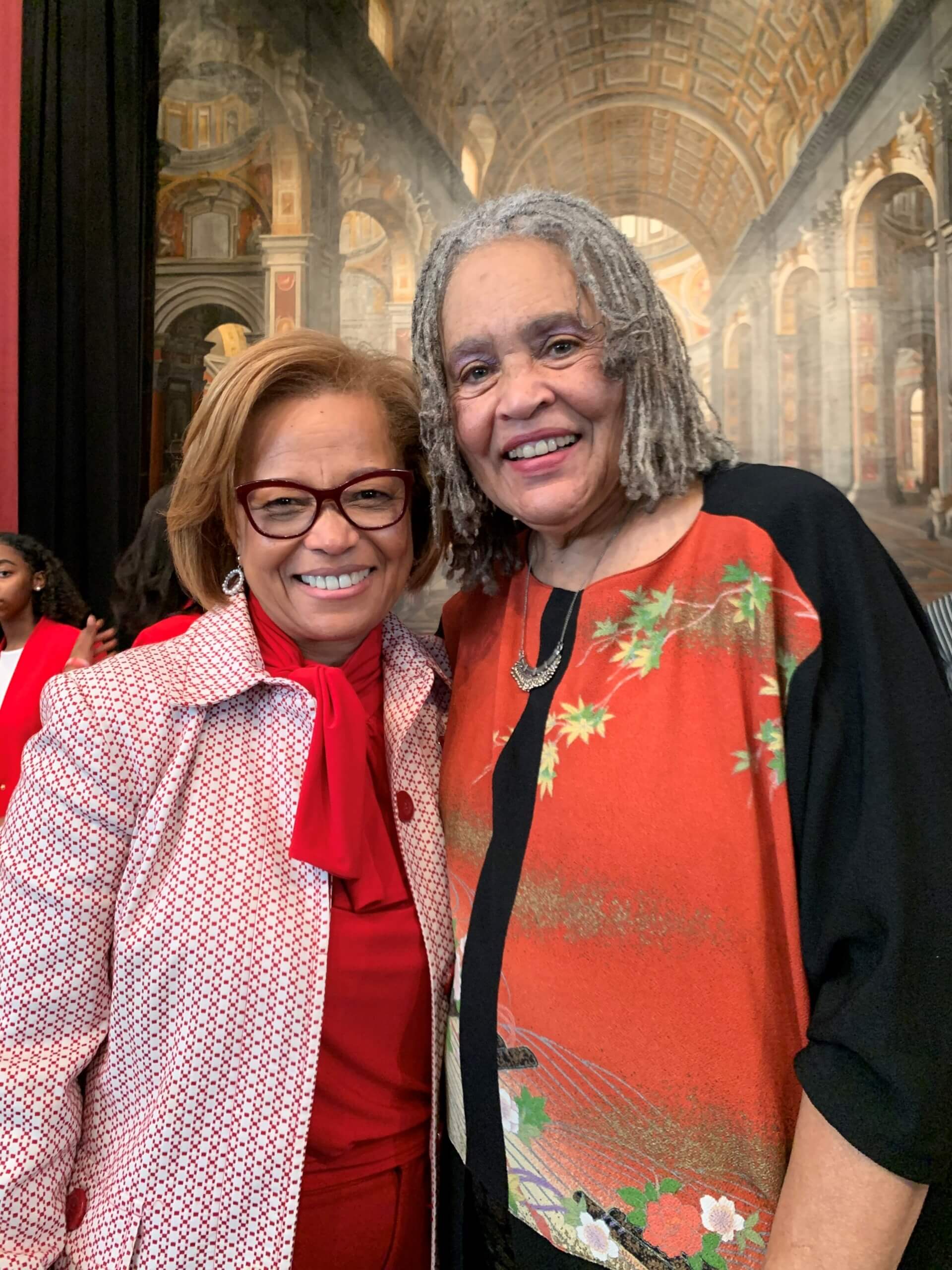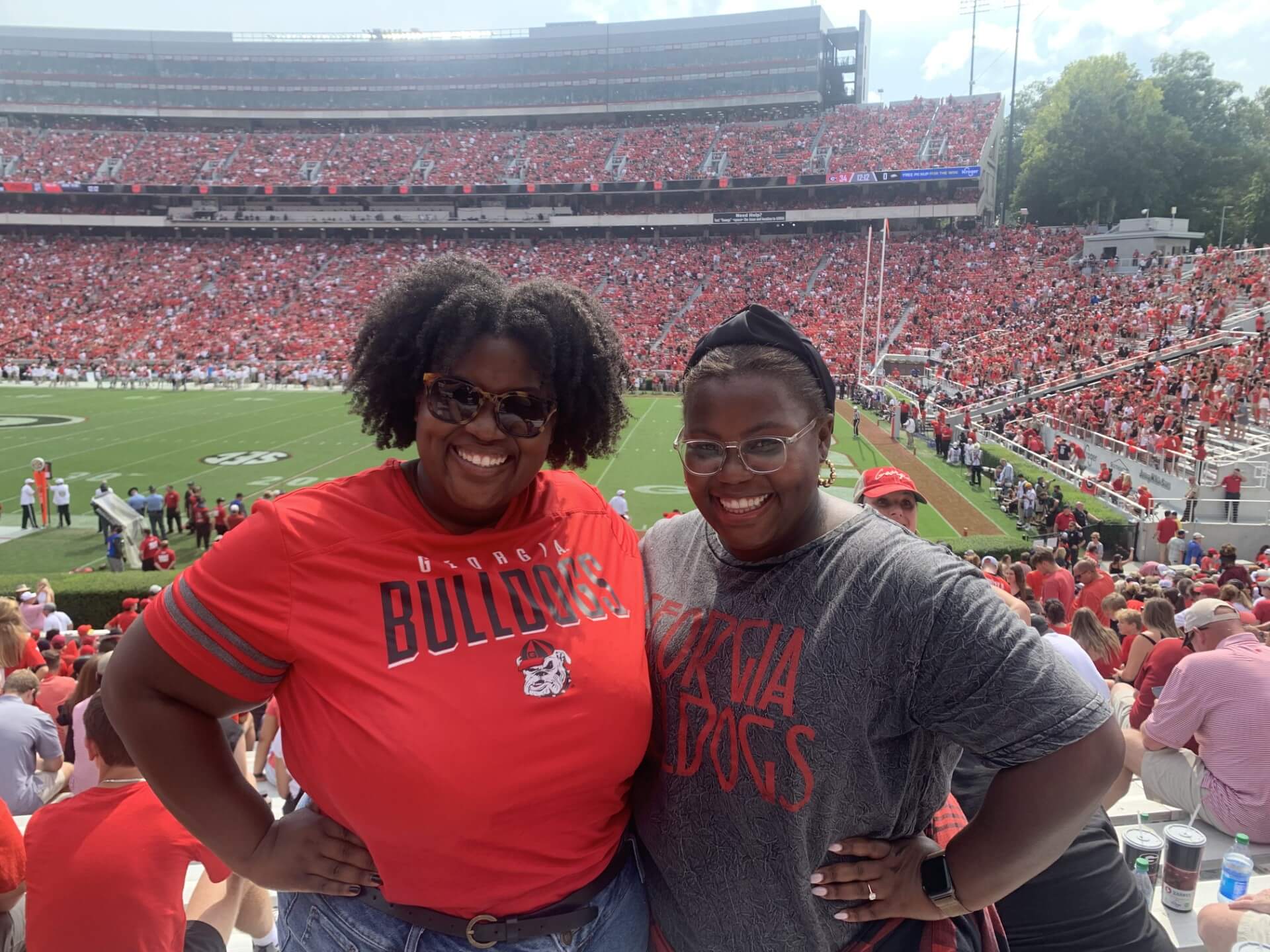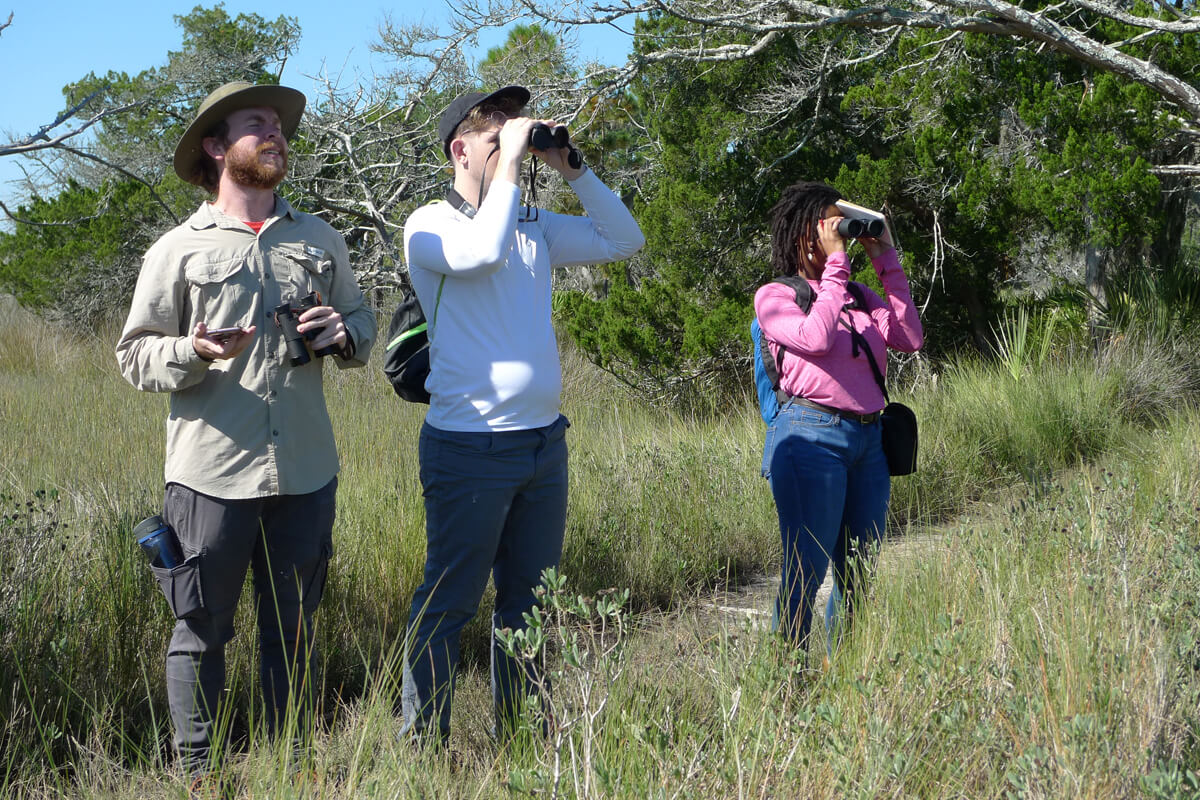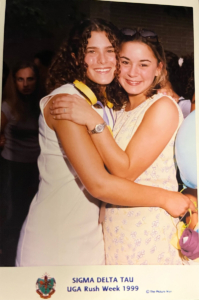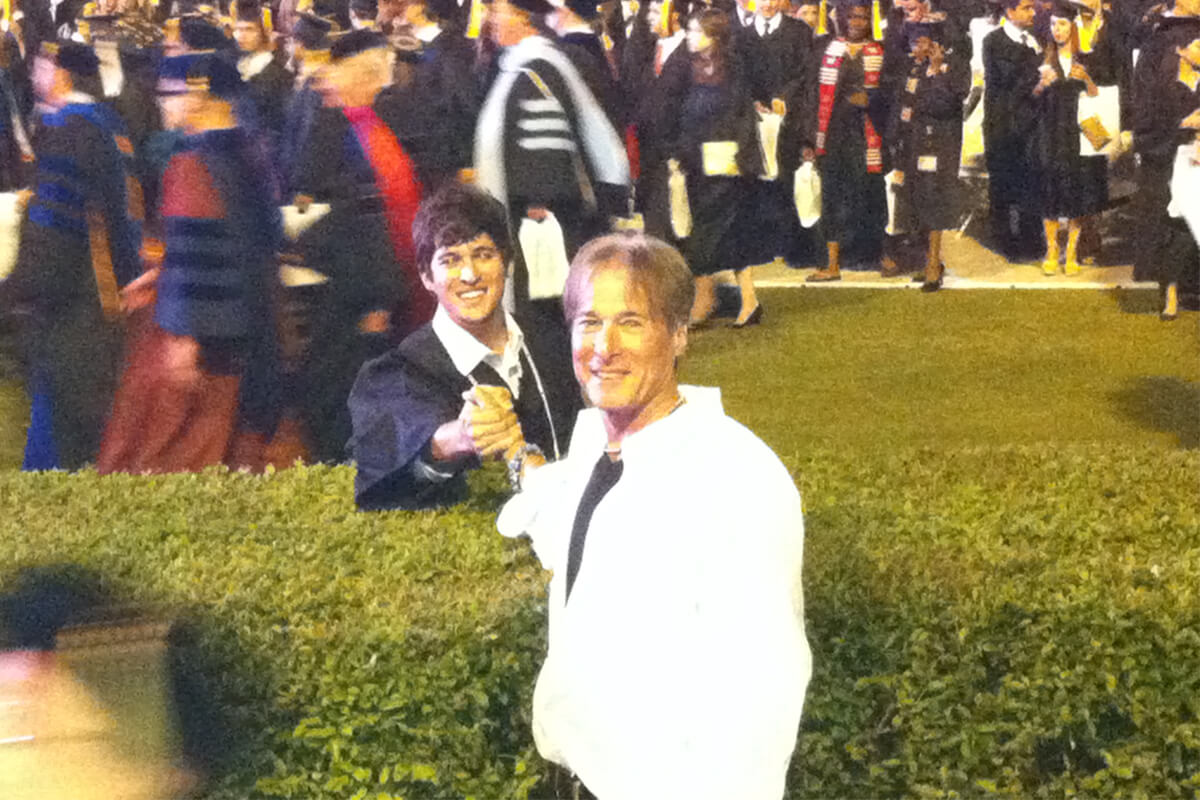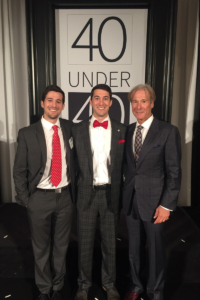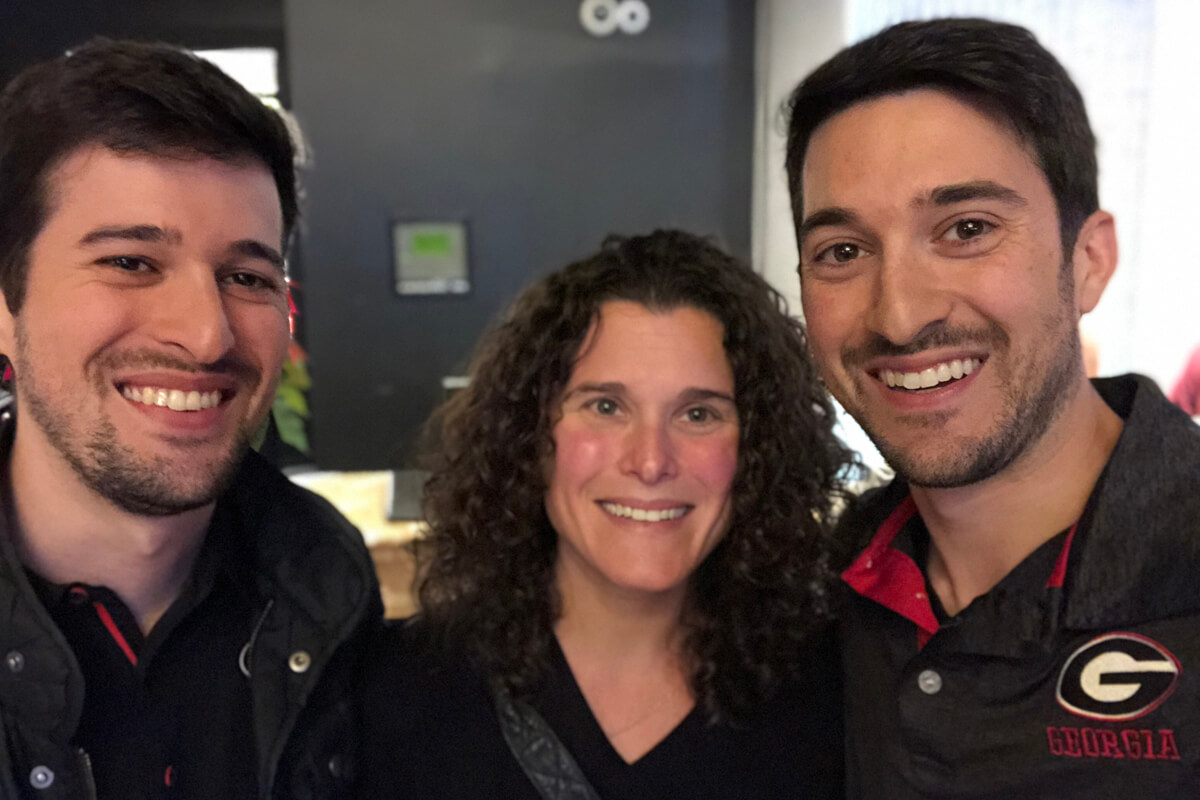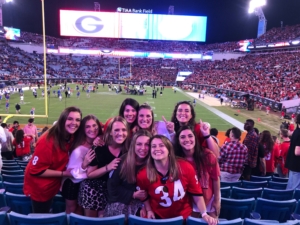Honoring the past and present
When brainstorming the perfect gift for a loved one, not many people may think of naming a scholarship in that person’s honor. Bob Miller (AB ’64), however, has made a tradition of commemorating life’s big moments by giving back.
When his wife’s father passed, Bob decided to give to the University of Georgia to begin that legacy. “Mary Helen was the apple of her father’s eye, so I wanted to make sure she could remember him in a way that was meaningful to us both,” Bob explained. It was this reasoning that led Bob to establish the Charles M. Hicks Scholarship Fund–named after Mary Helen’s beloved father–during the holiday season of 1981 as a gift to her. The Charles M. Hicks Scholarship fund supports students in the Morehead Honors College, a program that had a profound impact on Bob during his own time at UGA.
Established in 1960, the Honors College–known as the Honors Program before 2021–counted Bob Miller as a student in its very first cohort. The experience was transformational for him; by participating in smaller classes and fostering deeper connections among students and faculty, the Honors College ignited a lifelong love of learning in Bob.
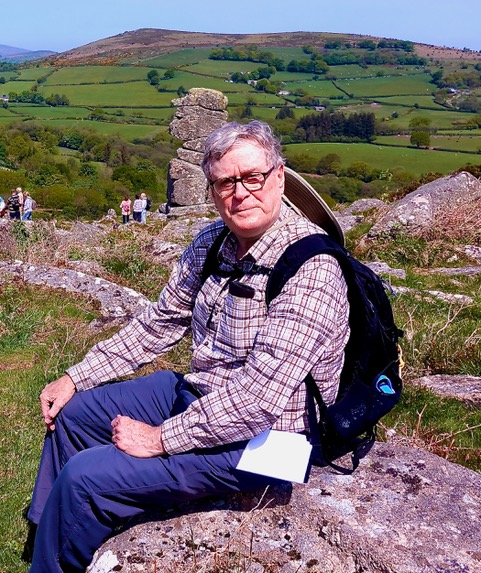
Bob Miller takes a break while hiking in Dartmoor, England.
“It just blew my mind,” Bob said. “I couldn’t get over how much more I enjoyed going to class after joining the program. It was a fascinating learning experience,” he continued. “The Honors Program made me a student; I wouldn’t have created a scholarship today if it weren’t for my experience in the Honors Program.”
Bob’s university experience was one he wanted to share with future generations of students, regardless of their circumstances. Establishing several need-based scholarships in Mary Helen’s name was the logical next step in Bob’s giving journey with the university. “I loved the idea of not letting a good student fall between the cracks because they lack the financial means to attend or didn’t want to borrow and be stuck in debt,” Bob explained.
“We shouldn’t fail to fulfill the potential of students who would eventually become an asset to this state,” he said. “It’s important for us to try to keep the very best of human capital in Georgia by offering as many students as we can the opportunity to attend the state’s flagship university.”
The Charles M. Hicks Scholarship fund has helped many students make the most of their time at UGA by supporting scholarships through the Morehead Honors College. Still, Bob would like to see more growth in the fund as well as in two need-based Georgia Commitment Scholarships Bob created and named after his wife, Mary Helen, in August 2023 to celebrate the couple’s 60th anniversary.
“In my lifetime, I want to see the Hicks scholarship valued at $1 million and for there to be four Mary Helen Miller scholarships–one for each year she was at the university,” Bob explained. Supporting these scholarships has become a point of pride for Bob, an appropriate way for him to celebrate the past but also allow future generations of students to have the same transformative experiences at the university that he did.
One of the recipients of the Charles M. Hicks Scholarship, Nicole Moreno ’25, reflected on her own life-changing immersive learning experience that she was only able to embark on with the assistance of that scholarship.
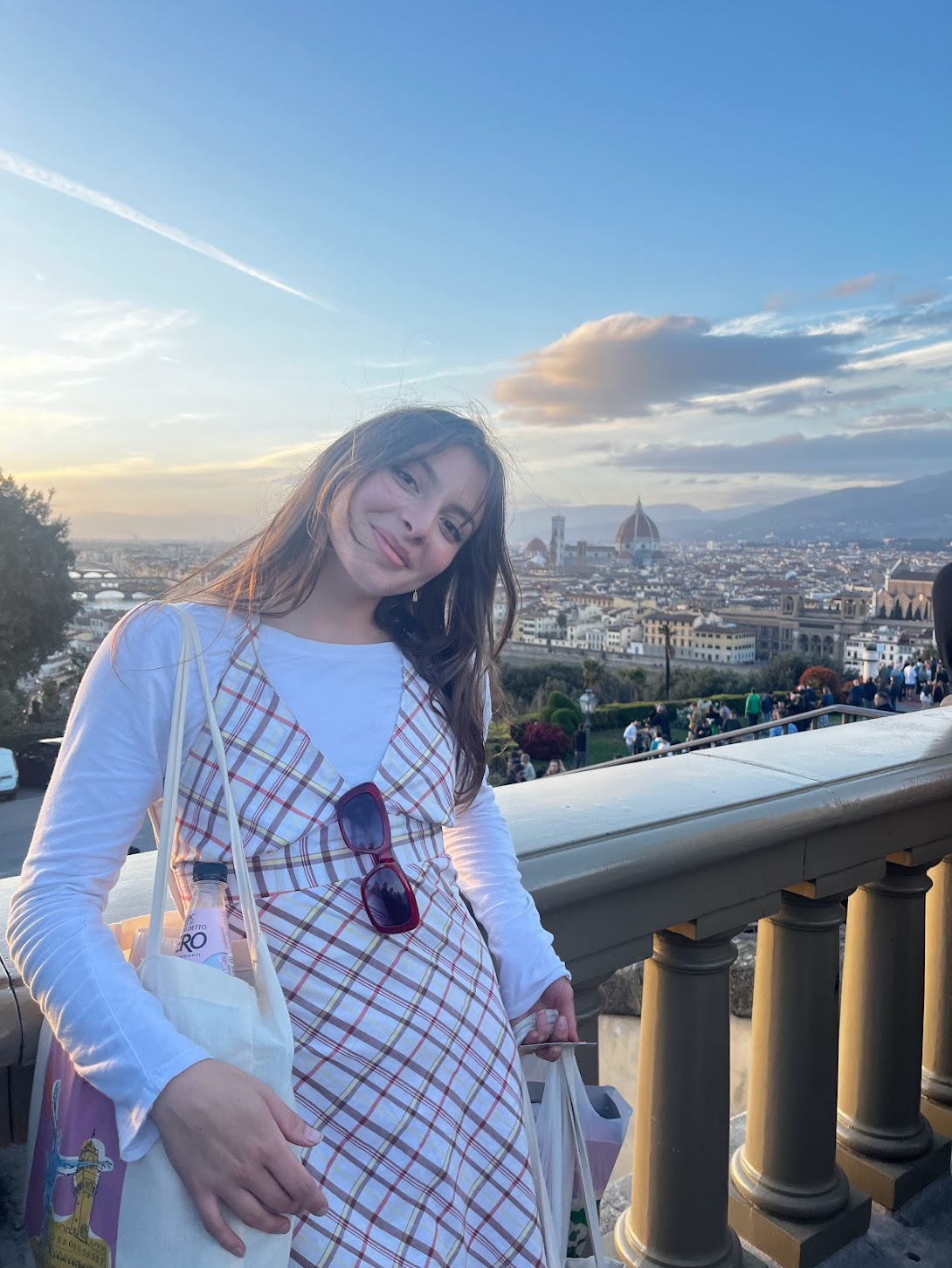
Nicole Moreno ’25 was able to embark on her own travels thanks to the Hicks scholarship.
“When I first started looking into a year abroad, I was almost discouraged by the cost of it all,” Nicole said. “My experience studying abroad is one I will never forget, and I am so eternally grateful to the Honors College and its donors for putting their faith in me to venture out, grow, explore, and change the world.”
From the Bob Millers to the Nicole Morenos, the Morehead Honors College at UGA offers many students learning opportunities that can help shape their future and ignite their passions. When students like Bob and Nicole become alumni, those experiences can inspire them to give back so that current and future students are able to access similar opportunities, continuing a cycle of cascading impact for generations to come.

